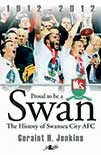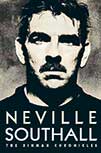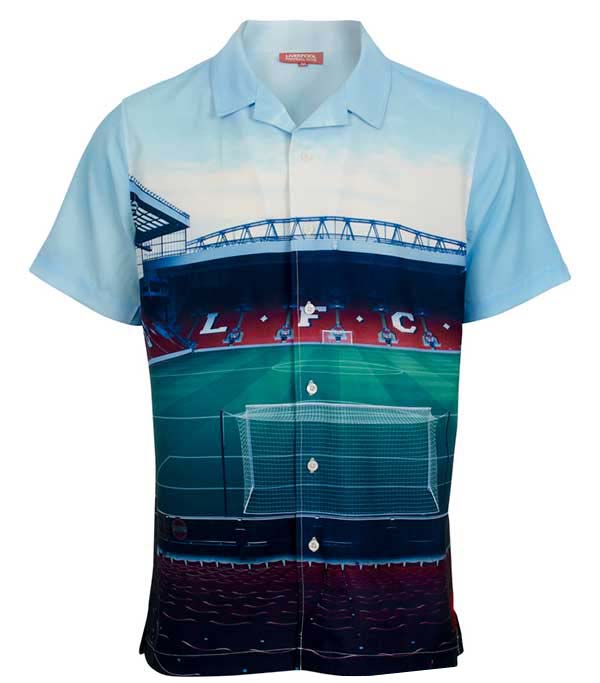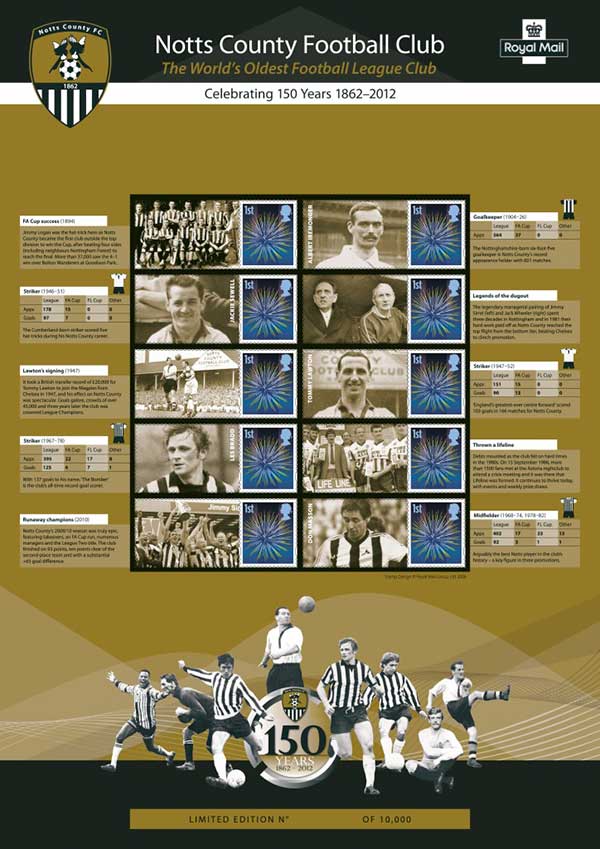{youtube}2kUmYLUXG-0{/youtube}
 The history of Swansea City AFC
The history of Swansea City AFC
by Geraint H Jenkins
Yr Lolfa, £14.95
Reviewed by Huw Richards
From WSC 309 November 2012
Whatever else can be said about Swansea City, it cannot be denied that we attract a decent class of club historian. The centenary biography is by Geraint Jenkins, a Professor of Welsh History. It follows in the 30-year-old footprints of the club’s previous chronicler David Farmer, a Professor of Management Studies. Proud to be a Swan has the virtues of that academic provenance. It is well and widely researched – to the point of penance, judging by some of the titles in the bibliography – factually reliable and judicious rather than hyperbolic.
Jenkins ranges more widely than Farmer, whose dogged season-by-season account rarely looked beyond the preoccupations and content of the back page of the South Wales Evening Post. The club’s history is related to the context formed by the progress of its host community and the fortunes of its economy and society. Swansea’s copper and tinplate industries and the 1941 blitz take their place alongside the Vetch Field, Robbie James and the FA Cup semi-finals of 1926 and 1964. If you are one of many fans the Swans have gained in recent years, or a supporter of another club wanting to know more about an opponent which has compelled attention, this is a decent introduction.
Jenkins obeys the injunction to leave readers wanting more but not entirely in a way that they might want. He is largely cliche-averse but may have found himself muttering the one about quarts and pint pots. Given 30 more years and a wider frame of reference than Farmer, he is forced to tell the story in little more than three-quarters of the length.
One hundred and eighty-six pages is not remotely enough to do real justice to the first 100 years of any club, never mind one whose fortunes encompass the extremes of two periods of extraordinary upward mobility, a post-war era that included an exceptionally fertile generation of talent and at least three near-death experiences.
Jenkins is too scrupulous a historian to deny that the bad years have far outweighed the good. He ensures that they and their personalities receive proper weight alongside the peaks attained in recent years as well as under John Toshack and the achievements of giants like Ivor Allchurch and Cliff Jones. Perhaps the best passage in the book describes Herbie Williams – “The unlikeliest of soccer idols. Tall, gangling and unprepossessing” – a gifted player who was preternaturally unlucky in the timing of his career.
Those constraints of space force Jenkins to maintain a brisk tempo which leaves only limited scope for reflection or the wealth of anecdote generated by a club which abounds in idiosyncrasy. The result is an account which describes rather than evokes and seems slightly monochrome given the rich colour at its disposal.
He is perhaps unlucky that another centenary project – the online club archive at Swansea University – was under construction rather than fully available while he was writing. That promises to be a rich resource for any future historian – so long, of course, as they get enough space.
 by Neville Southall
by Neville Southall
De Coubertin Books, £18.99
Reviewed by Mark O’Brien
From WSC 309 November 2012
The standard format for modern sports biographies is to start on the cusp of the subject’s defining moment – the race, the fight, the match of their life – and then flash back to their childhood to tell the story of their rise to the top. Neville Southall, record-breaking goalkeeper for Everton and Wales, kicks off his autobiography on a football pitch but instead of a glorious match at Goodison, Wembley or Cardiff Arms Park it’s the present day and he is being called a “fucking fat knobhead” by one of the troubled youngsters he now works with.
It quickly becomes clear that Southall has done everything slightly differently to other sportsmen. He states early on that he wants to show people that there is more to his personality than just the grumpy caricature that he became in many eyes and he succeeds up to a point.
From his beginnings in Llandudno through to the glittering heights at Everton, where he became the club’s most decorated player, then on a tour of English football’s less glamorous outposts when he ended his career as a wandering pair of gloves for hire, Southall talks constantly of a single-minded, overwhelming desire to improve as a keeper. After a while it’s hard not to wonder whether this obsession, especially with training, is born of a deep-seated lack of confidence.
Like Henry Skrimshander, the fictional baseball star in Chad Harbach’s The Art Of Fielding, Southall only ever seems at home in a sporting environment, one where social interaction is reduced to piss-taking and the rules are very simple: play, train, improve and play again.
He still seems quite guarded and loath to criticise too many of his former colleagues, apart from Everton’s disastrous management duo of Mike Walker and Dave Williams, but still he has a dry sense of humour and tells plenty of funny anecdotes, especially about the misadventures of the Welsh national team which appears to have been run like Dad’s Army.
Even when describing the rather melancholy end to his 751-game Everton career Southall manages to see the funny side. Told that Howard Kendall wants to speak to him ahead of a game at Elland Road he goes to the manager’s hotel room.
“‘You do know I love you,’ he said when I came in. He looked awful, like he had the weight of the world on his shoulders. To be honest, this wasn’t what I wanted to hear. Howard Kendall stood in his dressing gown with his bollocks hanging out telling you he loves you is not a good sight.”
Another of football’s less conventional characters, Pat Nevin, is spot on when he describes Southall as the classic eccentric with a complex personality. As a result The Binman Chronicles is a more interesting read than the average footballer’s life story.

